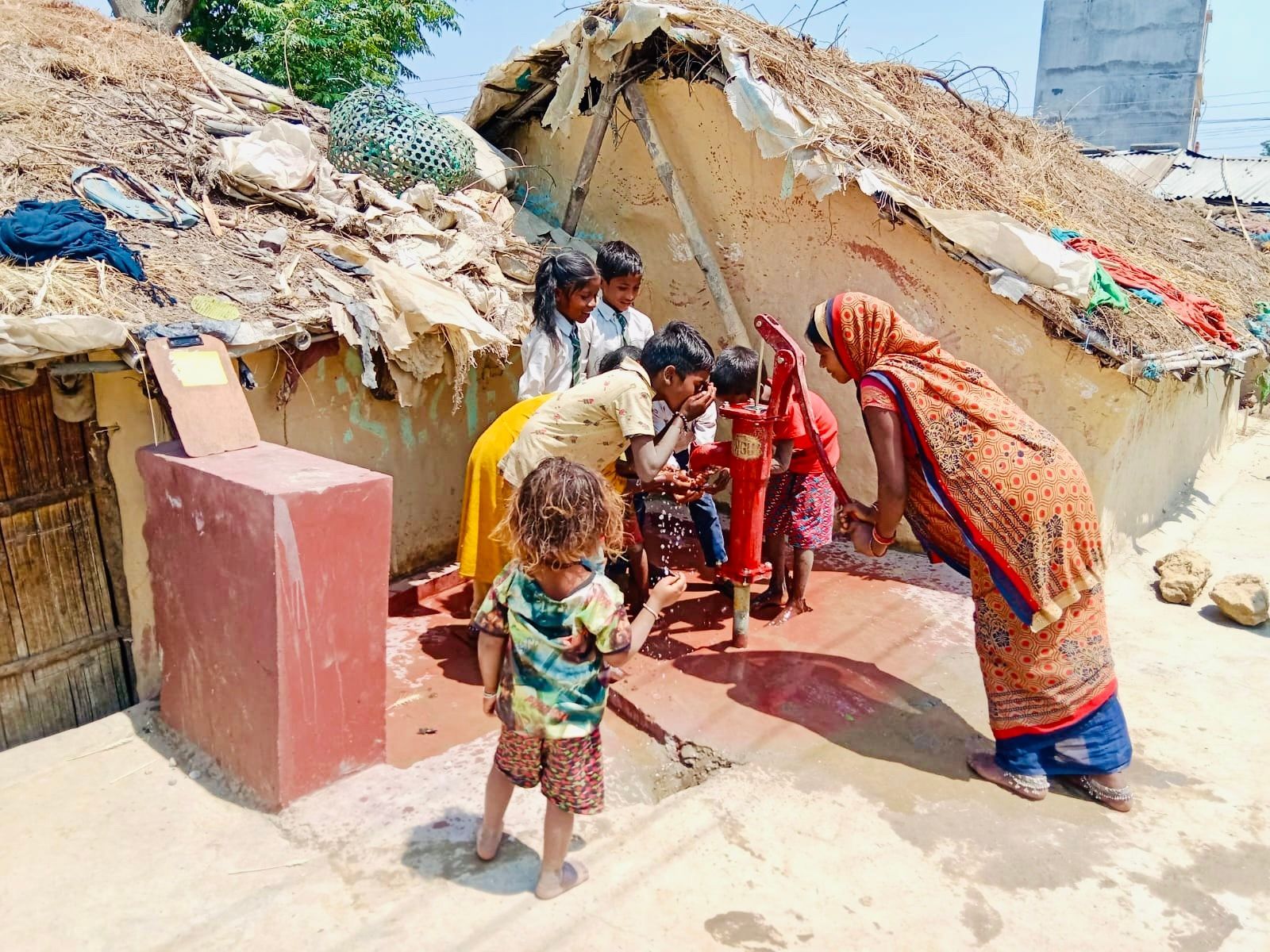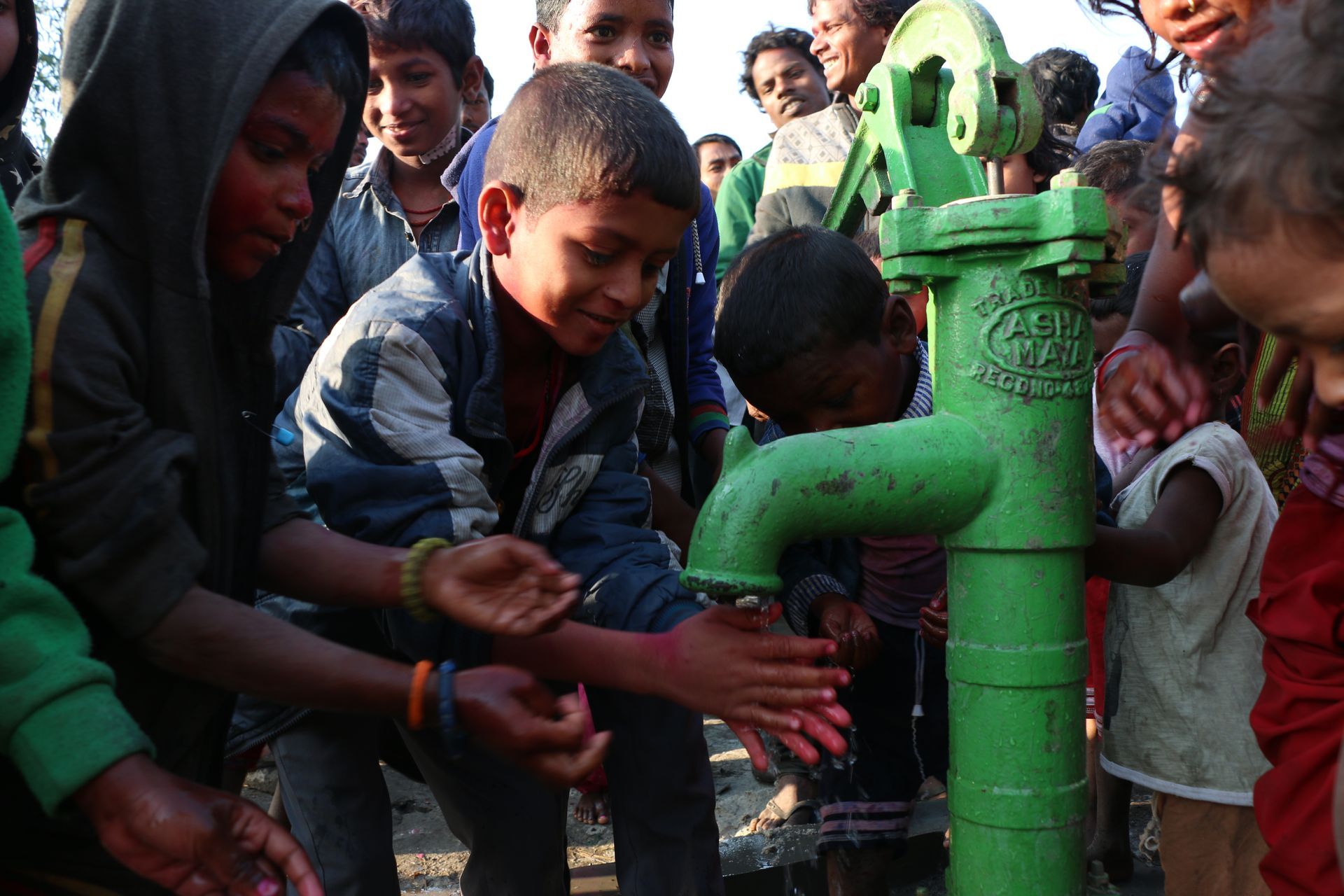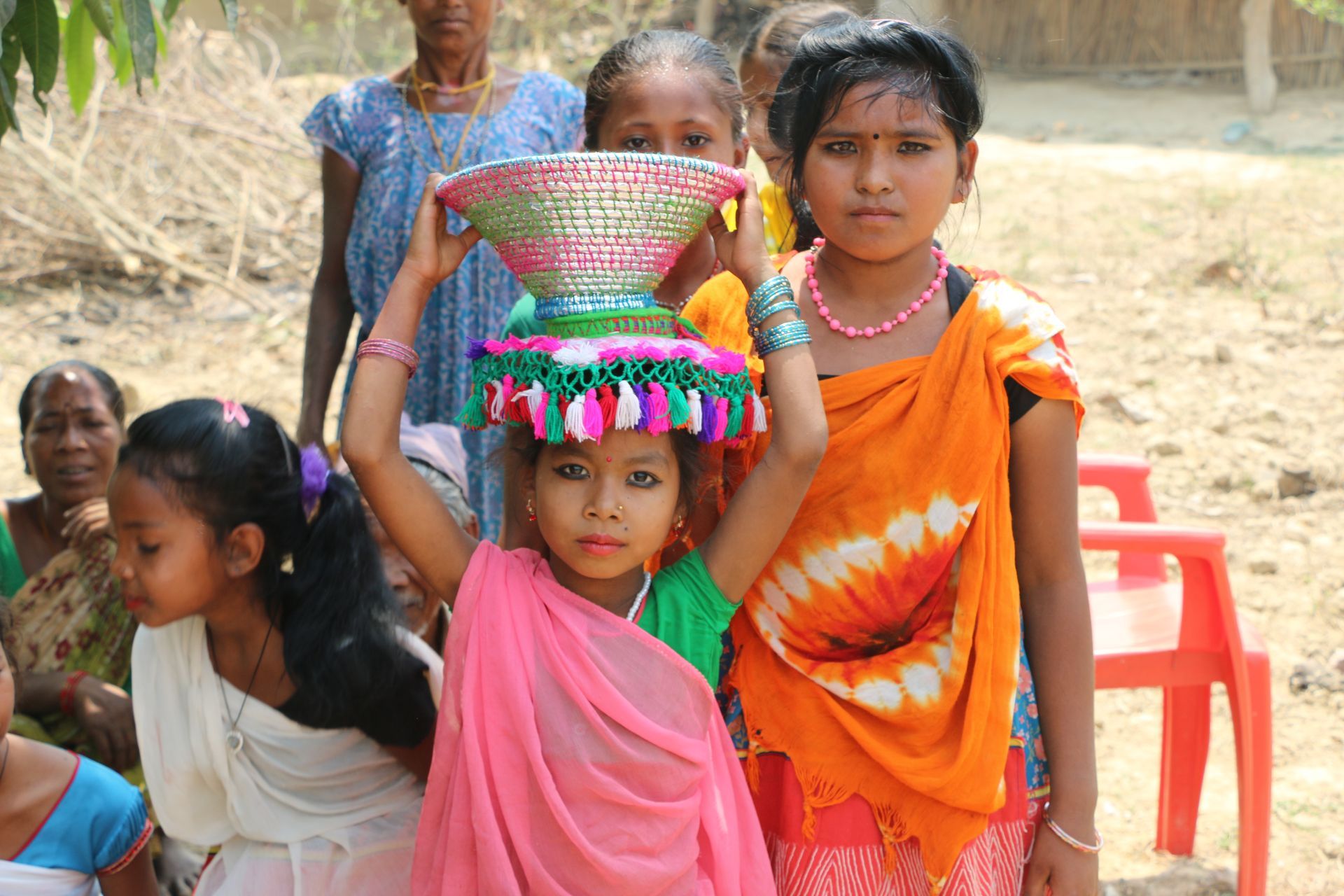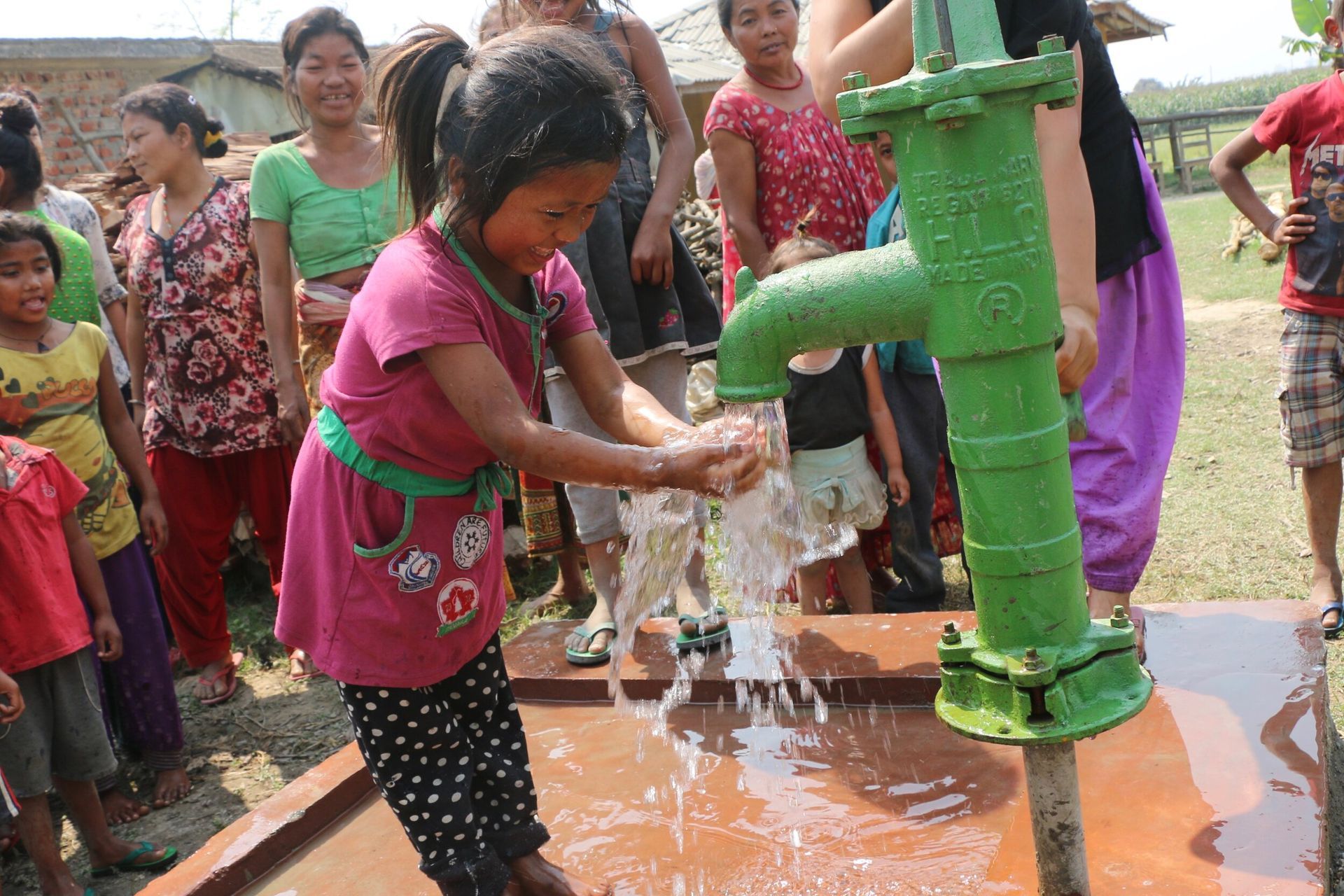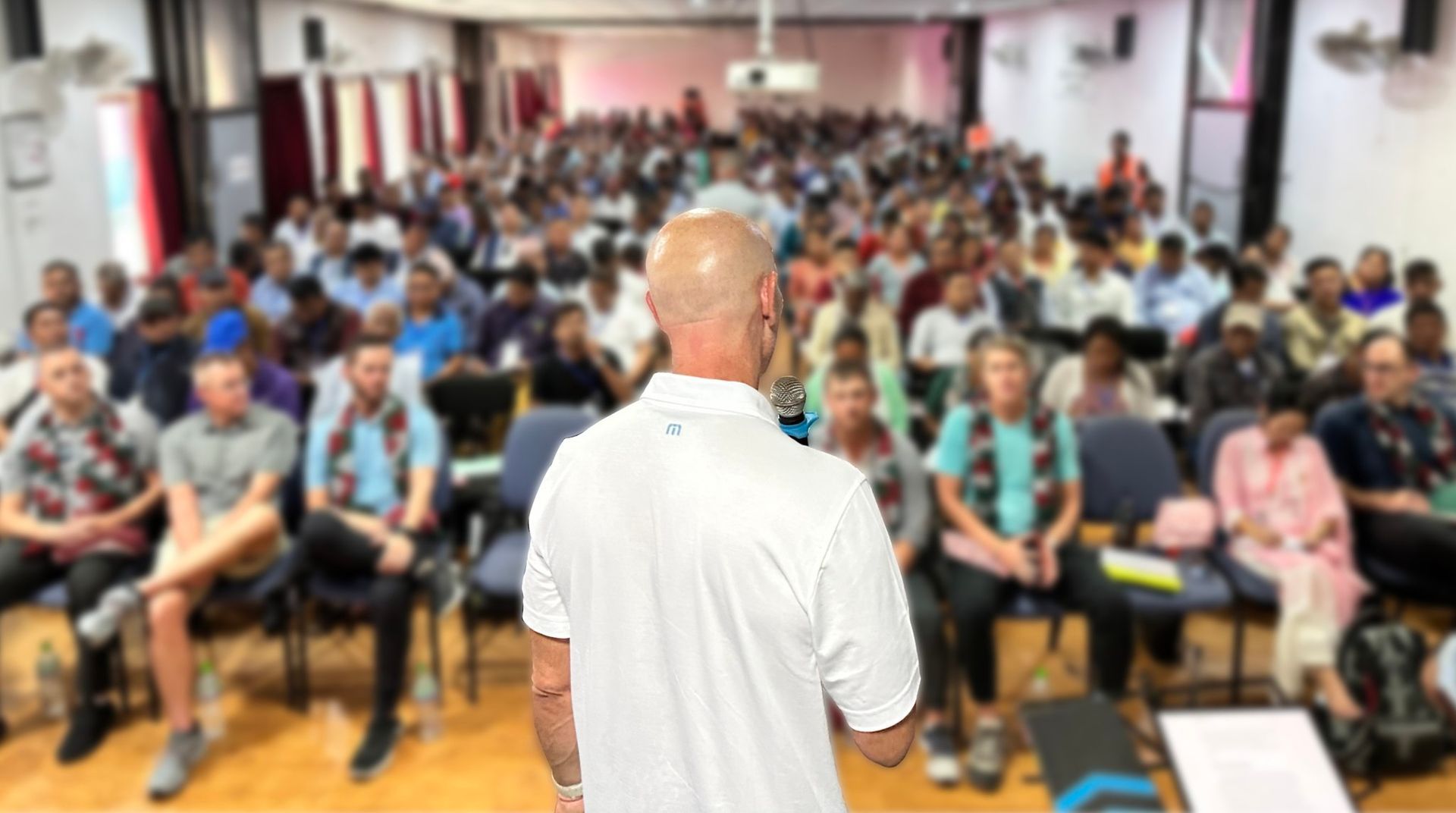Teaching Generosity to Children
Childhood is an incredibly important part of every person’s life. It’s when we begin to discover the world, develop physically and mentally, and begin learning about values such as honesty and obedience. While there are many important lessons to teach children, one of the most essential things that we can pass on to younger generations is the importance of generosity. Here are some tips for teaching generosity to children from a biblical perspective:
- Use the Bible as Your Guide - Children learn from the things they see and hear, so use the Bible as a guide for teaching them about generosity. There are many parables pertaining to gratitude and helping others that you can share, such as The Widow’s Offering (Mark 12:41-44). In this story, Jesus is watching people put offerings into the temple treasury. Many rich people come and give large amounts, but one widow catches Jesus’ attention as she puts in two small coins. Jesus explains that her contribution is worth more than all the other bigger ones because she gave all she had while being impoverished, and the rich simply gave out of their wealth. This is a great Bible lesson to convey the meaning of generosity because it focuses on giving based on what you have. This also teaches children that you don’t only give when you have plenty, but also when you have little.
Additionally, God shows His own generosity in John 3:16 - “For God so loved the world that He gave His one and only Son, that whoever believes in Him shall not perish but have eternal life.” In this verse, God exemplifies the meaning of generosity by giving His only Son to the world to bring us salvation. We should follow God’s example with our time, talent, and treasure. By incorporating the Bible and its teachings into your child’s life from an early age, you can help teach them what it means to be a generous Christian disciple.
- Practice Generosity as a Family - One of the main ways children learn is by imitating what others do. Understand that you are a role model for your child and if they see you do something, they are more likely to do it as well. As Christians, being generous and grateful for what you have should be a central part of your life. Generosity is a matter of the heart and we want to foster a generous heart for both ourselves and our children. We have received God’s love freely and we should give that love freely as well. By being the good you want to see in the world, you are both acting as a disciple of Christ and ensuring that your children will become generous Christians as well.
Make it a point for your family to spread your generosity throughout the world by doing things like volunteering for community service, helping at your church, being gracious hosts when you have people over to your house, and living your life according to God’s will. Another good idea is to encourage your child to give every time they receive. For example, if your child receives money as a gift, suggest that they allot some of the funds to a local charity. This will help spread God’s gifts to others, as well as teach your child to be grateful for the things they receive and teach them to be generous to others.
The world needs more generous people in order to help one another and solve the issues we face. Teaching children about generosity is one of the best ways to ensure a brighter, more hopeful future. At Quenched we want to change the world and teach generosity to the next generation. One of the ways we do that is by helping those in need in India and Nepal. We work to give the people of Nepal and India hope by offering them clean water and the life-changing message of Jesus Christ. Our work there is even more critical now due to the effect of the COVID-19 pandemic. Find out how you can help us make a difference and bring clean water to these communities today!
Impact in your inbox
Join our community bringing clean water and the Gospel to the unreached.
Newsletter Subscription
